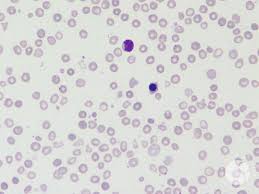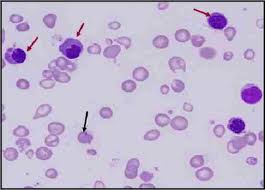THALASSAEMIA MAJOR
what is major thallasemia?
Thalassaemia Major is a genetic, blood disorder which affects more than 1 lakh children in the country. Children suffering from this disorder cannot produce haemoglobin, which carries the oxygen that we breathe in, to the various parts of the body. These children are born with the disorder, and will survive only if given regular blood transfusions. And, the transfusions need to be given every 15 days on an average, throughout their lives.

Here are key points about thalassemia major:
Genetic Inheritance: Thalassemia major is inherited in an autosomal recessive pattern. This means both parents must carry the mutated gene and pass it on to their child for them to develop the condition.
Hemoglobin Production: Individuals with thalassemia major have significantly reduced or absent production of beta globin chains. This leads to severe anemia because the hemoglobin molecules cannot form properly, affecting the ability of red blood cells to carry oxygen throughout the body.
Symptoms: Symptoms typically appear within the first year of life and may include:
- Severe anemia
- Pale or jaundiced skin
- Poor appetite and failure to thrive
- Enlarged spleen and liver (hepatosplenomegaly)
- Slow growth and development
- Facial bone deformities (in severe cases)
Diagnosis: Diagnosis is usually made through blood tests that show low levels of hemoglobin and abnormal red blood cell indices. Genetic testing can confirm the presence of mutated genes responsible for thalassemia major.
Treatment: Treatment focuses on managing symptoms and complications and may include:
- Blood Transfusions: Regular transfusions are necessary to maintain hemoglobin levels and prevent severe anemia.
- Iron Chelation Therapy: Since frequent transfusions can lead to iron overload, chelation therapy is used to remove excess iron from the body.
- Folic Acid Supplementation: Helps in the production of red blood cells.
Complications: Without proper treatment, thalassemia major can lead to serious complications such as organ damage from iron overload (especially the heart, liver, and endocrine glands), infections, and bone deformities.
Prognosis: While thalassemia major is a serious condition, advancements in treatment have significantly improved outcomes. Regular medical care, including transfusions and chelation therapy, can allow individuals to live longer and have a better quality of life.
Overall, thalassemia major requires lifelong management by a specialized healthcare team to monitor the condition, prevent complications, and provide appropriate treatment to optimize health and well-being.

The Parents’ Association Thalassemic is the national non –profit health organization dedicated to serving patients afflicted with various forms of Thalassaemia most notably the major forms of this generic blood disease

